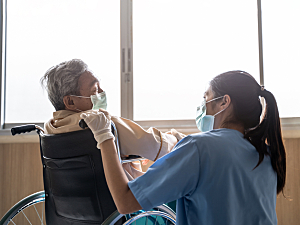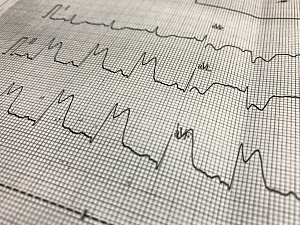Patterns and Disparities in Telehealth Usage Across Surgical Specialties During the COVID-19 Pandemic

Quoc-Dien Trinh, MD, MBA, of the Department of Urology, and colleagues found that the usage of telehealth varied by surgical specialty during the COVD-19 pandemic, and their findings support previous data on socioeconomic disparities in telemedicine uptake.
Read More...







